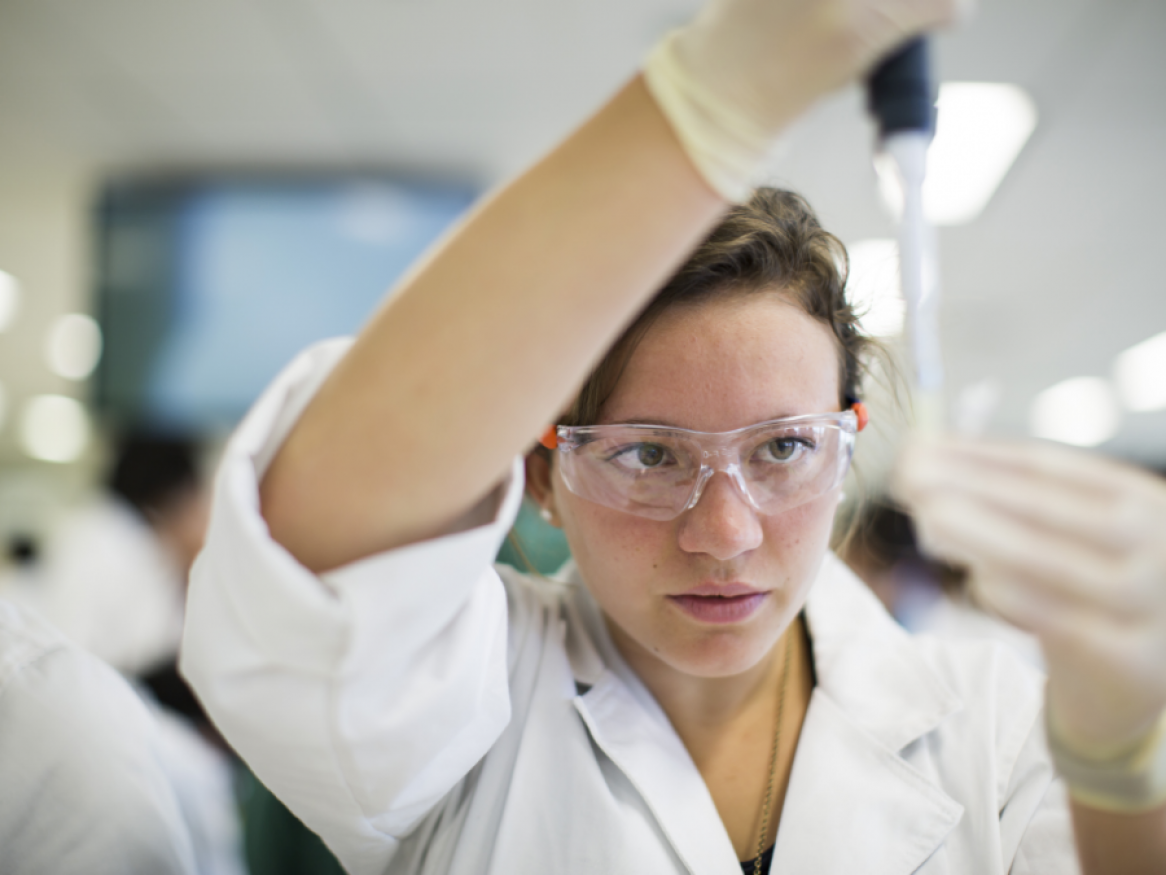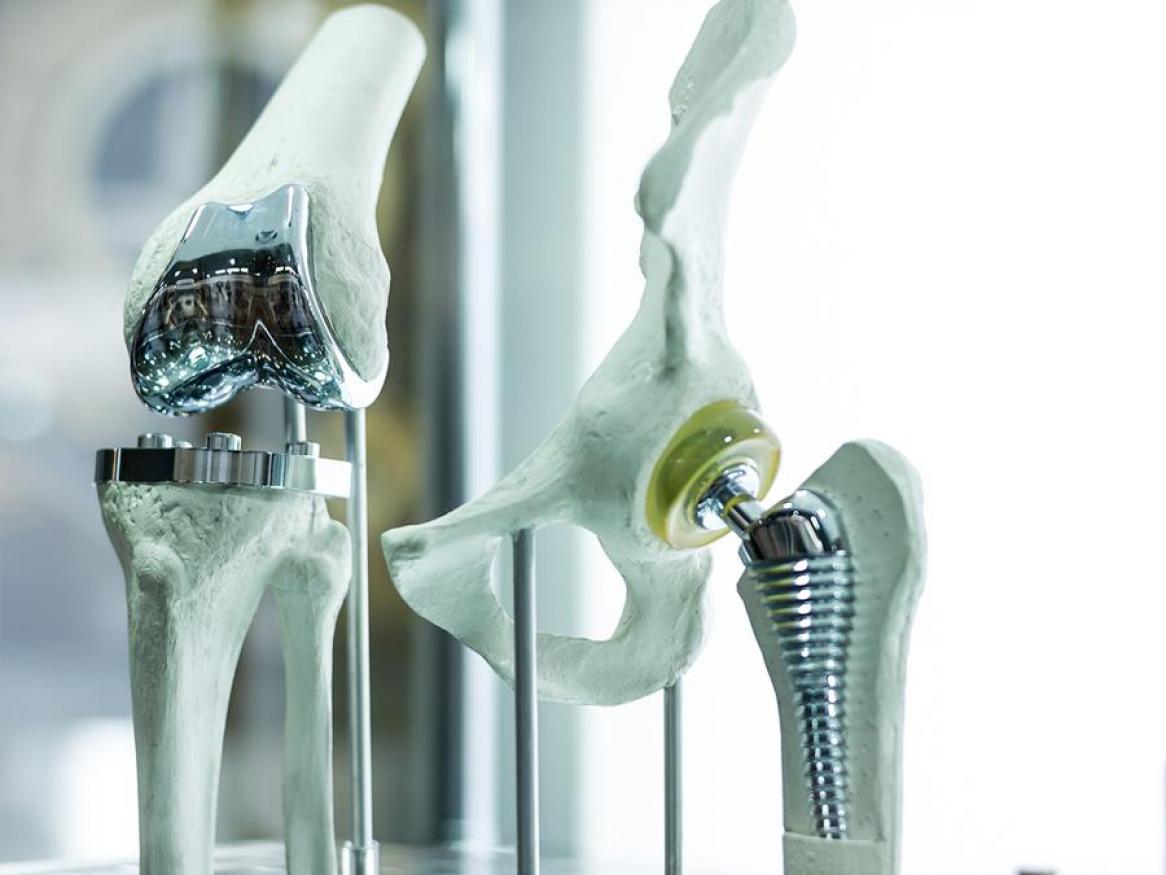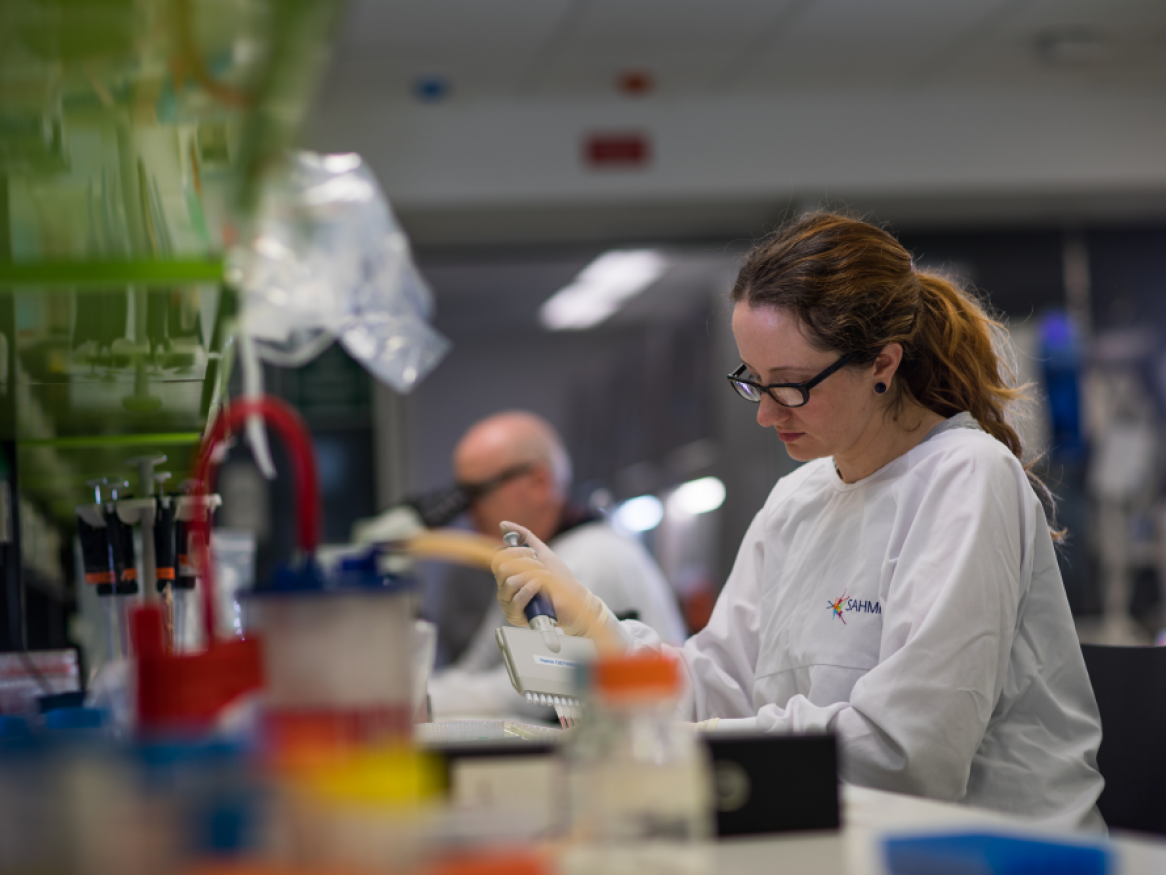Mesenchymal Stem Cell Laboratory
We are investigating the properties of mesenchymal stem cells that will help develop more effective and safer stem cell based therapeutic options in the future—with the potential to impact on a wide variety of clinical diseases and conditions.
Most stem cells intended for regenerative therapy are isolated either from the patient's bone marrow, adipose tissue or cranial bone/dental tissue. Mesenchymal stem cells (MSC) can differentiate into the supportive connective tissues, such as myelosupportive stroma, adipose tissue, smooth muscle, cardiac muscle, bone, cartilage, ligament, cranial sutures, cementum and dentin. MSC have been the main type of stem cell studied in the treatment of diseases affecting these tissue, which can be readily harvested from postnatal tissue and propagated in the laboratory.
The Mesenchymal Stem Cell Laboratory is investigating the origin and biological properties of different postnatal MSC populations, and how these self-replicating multi-potential MSC can differentiate into a variety of different cell types. Our focus is to identify critical genes and epigenetic factors that regulate MSC self-renewal, proliferation and differentiation.
In addition, our research efforts are looking to identify the factors central to MSC mediated regulation of haematopoiesis, angiogenesis and immune cell modulation. Importantly, many of these molecular processes are considered underlying causes of chronic diseases and tumour cell development. Together with Professor Andrew Zannettino and Mesoblast Ltd, our basic research activities with MSC have progressed into Phase II/III human clinical trials for orthopaedic, cardiovascular, cancer and immune based medical conditions.
Interested in a postgraduate research degree?
We offer exciting opportunities for researchers at the honours, masters and PhD levels. Our research degrees are open to students from a broad range of backgrounds, and range from basic sciences to clinical research. If you are interested in human health, consider furthering your research career with us.





